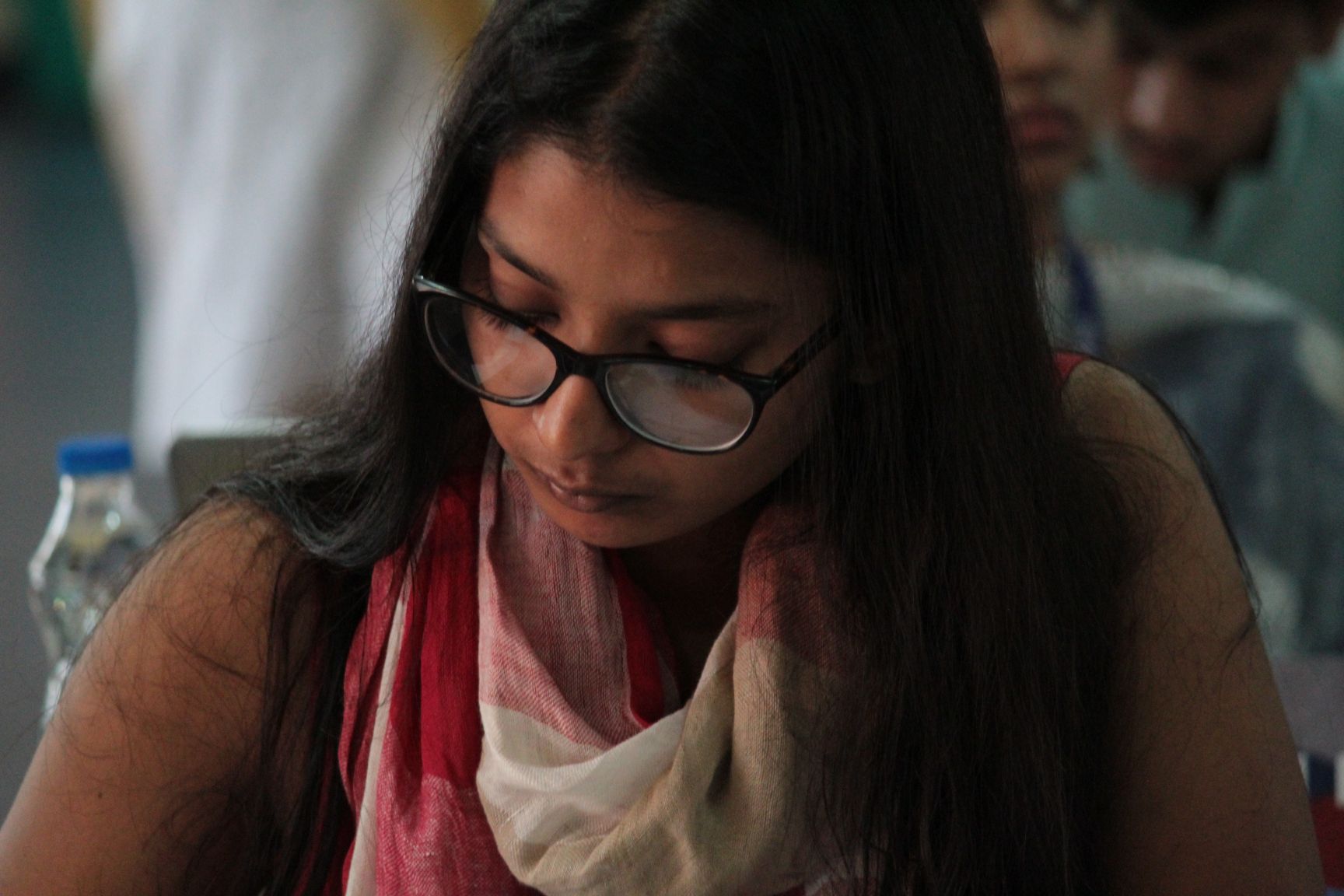From Consent to Coercion

Antara is a feminist writer and blogger, hanging by the thread of procrastination trying to achieve perfectionism. She writes about Sex-work and Prostitution, words still bringing with them taboo, prejudice and violence.
SEX WORK, PROSTITUTION. These terms have in today’s world become synonymous with taboo, unthinkable and individuals engaged in sex work denied the basic dignity but labelled as whores and sluts.
“Surprisingly, prostitution is often deemed to be the oldest profession and can be traced back to the ancient Babylon’s. Ancient Indian literature is also replete with references to prostitution, a prominent example of which is Chanakya’s ‘Arthashastra’ [ancient Indian treatise on statecraft, economic policy and military strategy] where he clearly and meticulously writes about prostitution and its code of practice. Further, it is important to emphasise the fact that this practice found a place in sacrosanct literature, including the Vedas and the Arthashastra, which implies that prostitution was not an underground practice. Rather, it was a well-acknowledged, mainstream activity. This should raise some eyebrows the next time ‘culture’ is put forth as a reason to look down upon sex workers.”
It is a well-known fact that what is illegal isn’t non-existent so in those countries where sex work isn’t legal, these people have to constantly live in fear of being caught. Sex trafficking is so prevalent because following the basic economic principle of demand and supply. If demand exists so will supply. The demand for women and young girls who aren’t even mature enough for intercourse to be used as mere commodities of sex. Reducing their human worth as desirable objects to satisfy the animalistic pleasures of brutes, for they can’t be called human, is something we sitting in front of our laptops and writing about this might not even be able to imagine. Secondly, traffickers often misuse sex workers, and form rings and gangs with international links and connections. They’re able to exploit the industry because sex work if not legal is almost always driven underground, with no records or any governmental or police support they become easy targets. (Source: here)
The Indian community is still a long long way from accepting the sex work. “Randi,” I’ve heard it coming out of the mouths of a few of my own schoolmates, in Hindi, it means PROSTITUTE. The term prostitute is used as an abuse, it is hurled as swears from the mouths of even teenagers. Teenagers of not more than 15, 16 or 17 years can be so crude and insensitive. Considering the digital era, we live in, it would improve society greatly if we as the youth took a few minutes out, to post on Instagram and text on Snapchat to sensitize ourselves about these issues.
In a society where majorly even the topic of sex is considered taboo, sex work is a whole new level. Though prostitution is legal in India, I don’t think there is another profession that is more degradingly thought of. Consent is the key. There are many women who enter this industry voluntarily and they should be entitled to proper respect and dignity for it is a choice and nobody has the right to comment on someone else’s personal choice that affects them in no way whatsoever.
The only thing that has to happen to inflict change is to adopt the policy of live and let live, acceptance has to be the only way. What baffles me is that people so easily judge sex workers on the basis of their supposedly superior moral compass, how do you justify that? Just because you wouldn’t choose to be a sex worker, how does anyone have the right to dictate whether or not somebody should or shouldn’t be engaged in it. And how does one define the logic of if I wouldn’t do it, it surely has to be wrong and immoral. That is simply ridiculous. The only thing we can do right now is to sensitize ourselves and others around, to advocate for the rights of sex workers, to campaign for their dignity and their acceptance.
